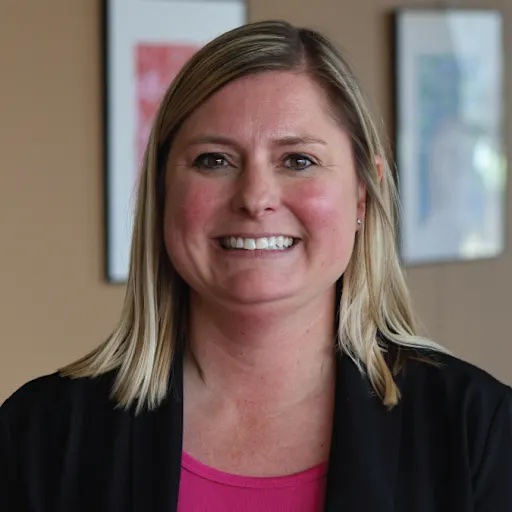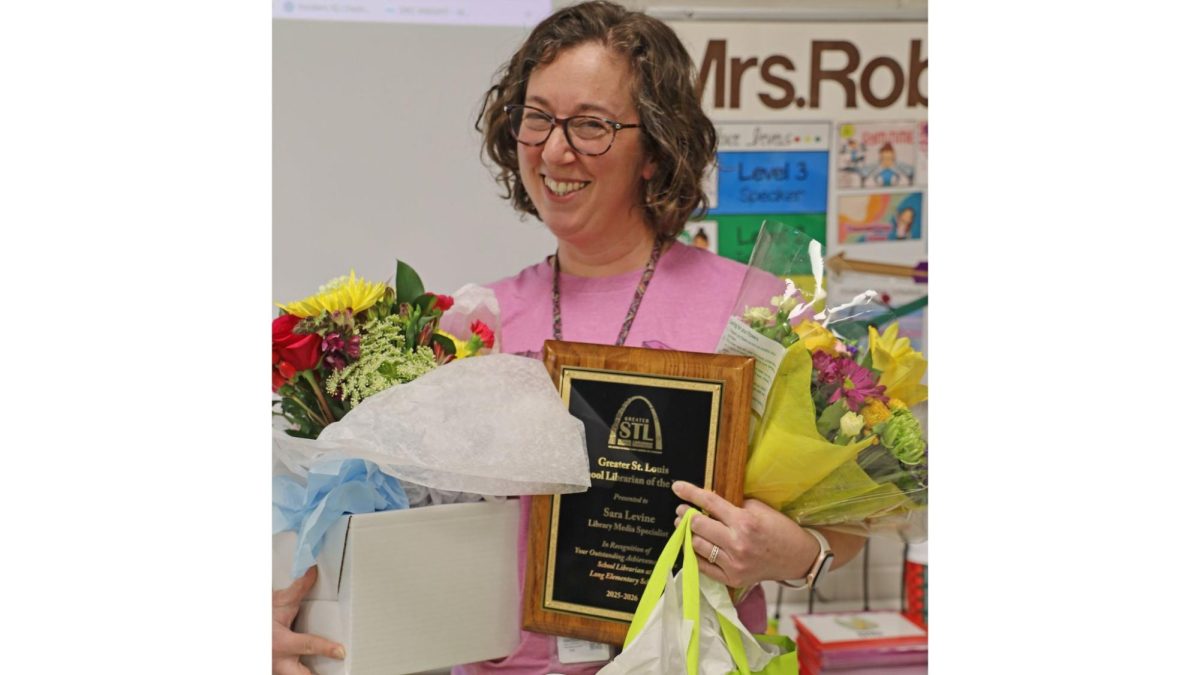The Crestwood Board of Aldermen planned a public hearing earlier this week on the city’s proposed 2014 budget.
Aldermen also were scheduled to consider first readings of ordinances approving the 2014 budget at Tuesday night’s meeting — held after the Call went to press.
While discussing the budget at an aldermanic work session last week, City Administrator Mark Sime said the capital improvement fund could draw “a lot of attention” because expenditures are projected to be more than revenues by roughly $1.08 million.
The overall budget, vetted by the city’s Ways and Means Com-mittee, projects 2014 revenues of $13.14 million with anticipated expenditures of $13.85 million, leaving a fund balance of roughly $5.2 million.
Estimated general fund revenues are $7.95 million with $8 million in expenditures and a transfer-in of $144,000. In the capital improvement fund, revenue totals $3.19 million, with $4.2 million in expenditures. The park and stormwater fund is projected to have $1.86 million revenues and $1.41 million expenditures.
Lastly, the sewer-lateral fund is projected to have $150,100 revenues and $150,000 expenditures.
The Spellman Avenue project contributes to the negative outcome of expenditures over revenues, according to Sime.
“We are paying a 20-percent share on work on (Spellman phases one and two), and it is overall a $3 million project that was previously approved by the city to press forward with this,” he said.
For the project to continue moving forward, Sime said the city has to factor into the budget “all the money necessary to cover all the expenses for the entire remaining project, phase one and phase two.”
“What we are allowed to do, though, is we get to count as though we are receiving all the revenue from phase one and phase two, so that is in the budget as well,” he said. “That’s why you see such a large number for revenue. But … we have to look at the expected expenditures that we are going to be putting out for the city, and that’s what is going to draw us down.”
Public Services Director Mike Pratt said the city has to have a presence “every single day” during the Spellman project because it is a federal project, though there is “no set percentage of time” city staff has to be on site.
They do, however, have to keep a record of what occurs on the project on a day-to-day basis, as well as weather conditions, deliveries and which contractors were on the site.
“The single big requirement on that person’s time will probably be addressing concerns from residents because the houses are so close to the roadway,” Pratt said.
Pratt said it is going to be a challenge to manage the Spell-man project, along with other duties required of the Public Works Department, partly because Streets Superintendent Wendell Hill retired this week. As such, Pratt said he asked the Ways and Means Committee for “leeway” in regard to overtime compensation.
“I promise I’ll take care of yours and the citizens’ taxpayer dollars in the process,” Pratt said.
Because of Hill’s retirement, Ward 3 Alderman Paul Duchild asked the board to consider restructuring the Public Works Department.
Aldermen discussed with Pratt the possible scenario of promoting a current employee to the streets superintendent post, which would “make some money for a part-time mechanic,” according to Sime.
Other factors affecting the capital improvement budget include annual mill and overlay projects, as well as a $200,000 budgeted effort to make repairs to city buildings.
Sime said the repairs under consideration have not been made in many years and need to be completed before is-sues progress and become more expensive.
Improvements have been taken out of police and fire budgets and put into one fund under capital improvement, according to Sime, and will be completed on a priority basis.
The city is in need of more than $1 million worth of repairs, Sime said.
Additionally, projects that have typically been in the general fund have been moved into the capital improvement fund, while maintenance costs, such as buying salt and concrete for the streets, were moved to the general fund.
Duchild said he and Ward 1 Alderman Darryl Wallach were “uncomfortable” with using city reserves on capital improvement projects. Both aldermen are members of the Ways and Means Committee.
The board also discussed purchasing a dump truck for the Public Works Department. Pratt said a 15-year-old, 2.5-ton dump truck that is “rusting through,” a three-quarter-ton pickup truck that is “so unreliable” it is only used for trash runs and a 16-year-old skid steer all need to be replaced.
Mayor Jeff Schlink said financial expense is a concern with replacing the dump truck, but discussion with the city’s mechanic during a Ways and Means Committee meeting revealed that even if the board approves purchase of a new vehicle, the current one will be used this winter.
If approved, the city would not take delivery of the vehicle until summer.
The Ways and Means Committee recommended including $60,166 in the proposed budget for merit-pay increases for employees, not to exceed 1 percent.
Ward 1 Alderman Richard Breeding said while the city keeps “trying to find ways to cut,” he does not see the cuts.
“I feel like we’ve saved $60,000 on animal control, when what else have we really given up?” he said. “And is that the proper place to try and save $60,000?”
Ward 2 Alderman Tim Trueblood said the difference is that animal control is a personnel decision. He also said the purchase of cars “puts a police officer in their driveway when they need one” and the money is “better spent” this way rather “than having someone who’s going to be taking care of a dog after hours.”
Looking at the projected fund balance of $5.2 million at the end of 2014 compared to the beginning balance of $6 million, Trueblood said the city is spending its money properly.
“The role of government is not to grow that necessarily, because that means we have money we’re not being good stewards of …,” he said. “We’re coming out with less than we started with, but not in the red.”
Ward 4 Alderman Dan Tennessen said when he brings up “short-term, Prop S-type issues,” he is looking at the past five years.
“(Over the) last five years our costs have gone up and our revenues have gone down, and you can only do that for so long and survive,” he said, “And we see how we’re surviving now, which is we’re cutting and we’re outsourcing and all of that is fine, but eventually we won’t have much to outsource …”








